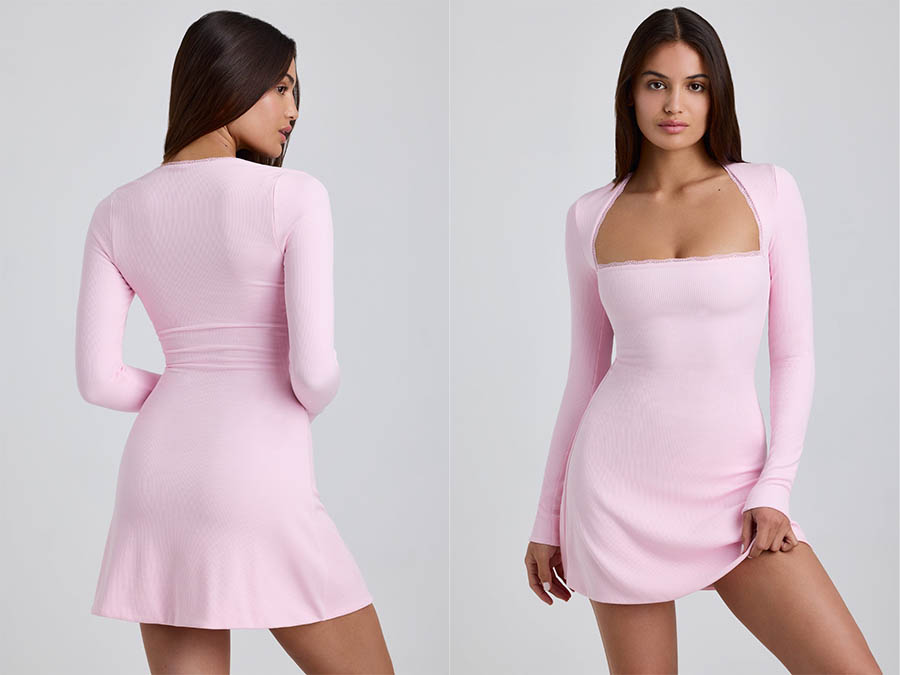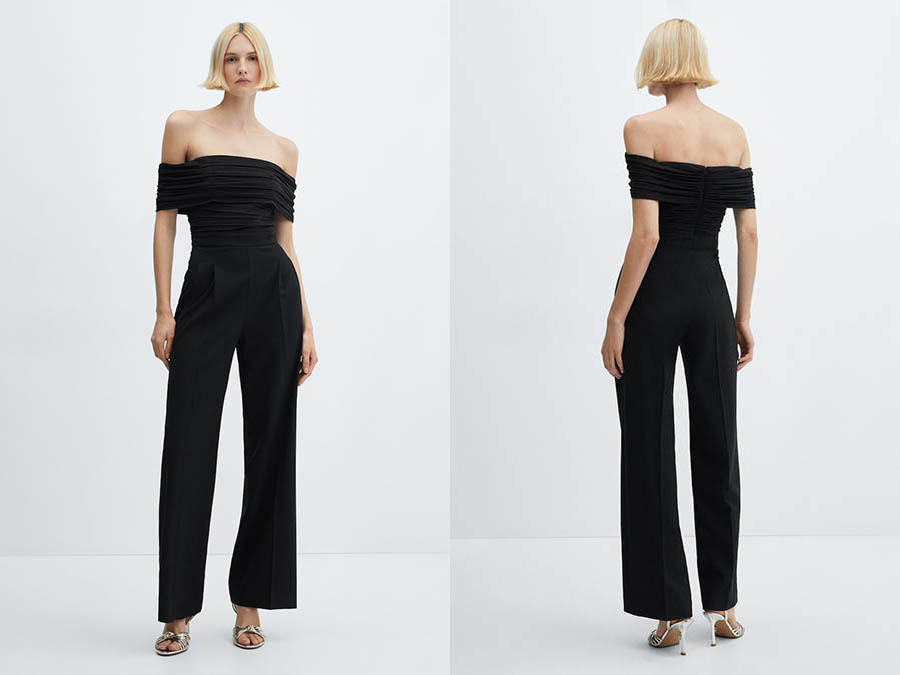13 Ways How to Stop Fizzy Hair During Winter
Combatting hair frizz during the winter can be a bit challenging because the dry, cold air can strip your hair of moisture, leading to frizz and static.
However, with the right care and products, you can keep your hair smooth and manageable. Here at Fashion.ie we some simple tips to combat hair frizz during the winter.
What Causes Hair to Frizz During Winter
Hair tends to frizz during the winter due to several factors, many of which are related to the cold and dry environmental conditions. Here are some reasons why hair can become frizzy in the winter:
1. Low Humidity
Cold winter air is often dry, which can lead to a decrease in humidity. When the air is dry, it can draw moisture from your hair, leaving it dry and more prone to frizz.
2. Lack of Moisture
Indoor heating systems can also reduce humidity levels. Spending more time indoors with heaters can lead to a lack of moisture in the air, which in turn dries out your hair.
3. Hat Hair
Wearing hats, hoods, or scarves in cold weather can cause friction and static, leading to frizz. These items can also trap moisture in your hair, making it susceptible to frizz.
4. Static Electricity
Winter clothing and fabrics like wool and synthetics can generate static electricity. When your hair comes in contact with statically charged fabrics, it can stand on end, creating a frizzy appearance.
5. Lack of Natural Oils
Your scalp may produce fewer natural oils during the winter months due to the colder and drier conditions. This can leave your hair more susceptible to dryness and frizz.
6. Hot Showers
While hot showers can be comforting in the cold, they can strip your hair of its natural oils, leaving it dry and frizzy. Try to use lukewarm water for hair washing during the winter.
7. Lack of Sun Exposure
Sunlight provides natural vitamin D and can be beneficial for your hair. In the winter, when there’s less sun exposure, your hair may not receive these benefits.
1. Deep Conditioning
Use a deep conditioner or hair mask regularly to add moisture to your hair.
2. Leave-in Conditioners
Apply leave-in conditioners to maintain moisture and manage frizz.
3. Use Humidifiers
Install a humidifier in your home to increase indoor humidity levels.
4. Hats with Silk or Satin Linings
Opt for hats with silk or satin linings to reduce friction and static.
5. Anti-Frizz Products
Consider using anti-frizz products like serums or oils to manage frizz.
6. Lower Water Temperature
Wash your hair with lukewarm water, not hot water.
7. Protective Hairstyles
Braids or buns can protect your hair from environmental factors.
8. Regular Trims
Keep your hair healthy by getting regular trims to remove split ends.
By addressing these factors and using the right products, you can help control frizz and maintain healthy hair during the winter months.
Step By Step Ways To Combatting Fizzy Hair During Winter Months
Now that you know most of the causes of fizzy hair during cold winter months. Let’s look at ways to treat this.
1. Use a Moisturising Shampoo and Conditioner
Switch to a shampoo and conditioner that are specifically designed to hydrate and moisturise your hair. Look for products that contain ingredients like argan oil, shea butter, or glycerin.
2. Limit Washing Frequency
Try not to wash your hair too frequently during the winter. Over washing can strip your hair of its natural oils. Aim to wash your hair every 2-3 days or as needed.
3. Use Lukewarm Water
When you do wash your hair, use lukewarm water instead of hot water. Hot water can further dry out your hair and scalp.
4. Apply a Hair Mask
Once a week, use a deep conditioning or hydrating hair mask to restore moisture and repair damage. Leave the mask on for the recommended time, and then rinse thoroughly.
5. Leave-In Conditioner
Apply a leave-in conditioner or hair serum to damp hair to lock in moisture and reduce frizz. Pay special attention to the ends of your hair, which are often the driest.
6. Protect Your Hair from the Elements
Wear a hat or scarf to protect your hair from the cold, dry air, and wind. These elements can make your hair even more prone to frizz.
7. Avoid Heat Styling
Limit the use of heat styling tools like flat irons and curling irons. If you must use them, apply a heat protectant spray before styling.
8. Choose the Right Brush
Use a natural bristle brush or a wide-tooth comb to detangle your hair. Avoid brushing your hair when it’s dry, as this can lead to more frizz.
9. Static Control
To combat static, you can use an anti-static spray or even lightly rub a dryer sheet on your hair. You can also add a few drops of hair oil to your hands and then run them lightly over your hair to tame static.
10. Humidify the Air
Use a humidifier in your home to add moisture to the air, which can help prevent your hair from drying out.
11. Trim Your Hair
Regular trims can help get rid of split ends and prevent further damage that can lead to frizz.
12. Natural Oils
You can use natural oils like argan oil, coconut oil, or jojoba oil to moisturize your hair. Apply a small amount to the ends of your hair and work your way up, avoiding the scalp.
13. Silk or Satin Pillowcase
Sleeping on a silk or satin pillowcase can reduce friction and help prevent hair from getting frizzy during the night.
And Finally
Remember that everyone’s hair is different, so it may take some trial and error to find the best routine and products that work for you.
Additionally, if you have persistent frizz issues that don’t improve with these tips, consider consulting with a professional hair stylist or dermatologist for personalized advice and treatments.






